

All right, everyone say hello to Ingrid. Now, just make sure you don't make her mad, befriend her, or develop any rapport with this crazy little freakshow in any way. Seriously, her parents should put some fear into her, or at least look into some psychiatric help – something, anything. This girl seems cute and innocent enough, but she's a twisted, madcap loon underneath. Due to lack of any friends all she has to fulfill her need for social interaction and control is a collection of hideous Frankensteinian stuffed animals. Once these somehow semi-cute, cotton-filled critters are animated, they are pitted against each other in battles of spell-conjuring, grid fighting puzzle combat and… fun? This is the world of DropCast.
Okay, back to reality, a place where DropCast is a pretty simple, decent and self-explanatory puzzle fighter. If you're not familiar with this type of game, there’s a super easy and quick tutorial and with only a few taps on the screen the seasoned puzzler will have it figured out.
The objective of the game is to cast spells and fill your opponent's board with blocks to the top in any one column. Colored bricks rise from the bottom of the game screen, and any time you touch a group of two or more connected blocks of the same color (they can snake around in whatever shape you like, as long as their edges touch), they disappear. But don’t clear blocks too efficiently; powerful attack spells are activated by tapping larger groups of six or more blocks of the same color. Spell strength is dependent on how big the cluster is. Each player has a basic attack and two signature spells – they vary, but typically amount to burying the other guy in blocks - and a counter move.
If the battle mode doesn’t do it for you, there’s another called Ingrid’s Curse. It works like Tetris – sort of. Blocks are cleared out the same as in a battle, but instead of casting spells onto an opponent, each time you tap a cluster of six or more blocks on the main screen, a group of blocks falls from the top of the other screen. The shape of the cluster that will fall on the opposite side is indicated in the upper portion of the screen, and the columns it falls into depend on which grid space you tapped the original cluster in.
For example, if you zapped a cluster by touching a block in the second column on the main screen, the new cluster will center upon the second column of the opposite screen when it falls. This is important because you get points by arranging complete rows of blocks, just like Tetris, on that second screen. No need to worry about that ridiculously hard computer here, this is more casual paced game mode.
This is one of those games you hate to love. It’s simple and pure fun, but the unforgiving computer and the strange effectiveness of occasionally losing your cool and just randomly hammering the screen everywhere cheapens it. Find a friend to pick it up as well (or arrange some DS download play) and have fun.
Oct 17, 2008
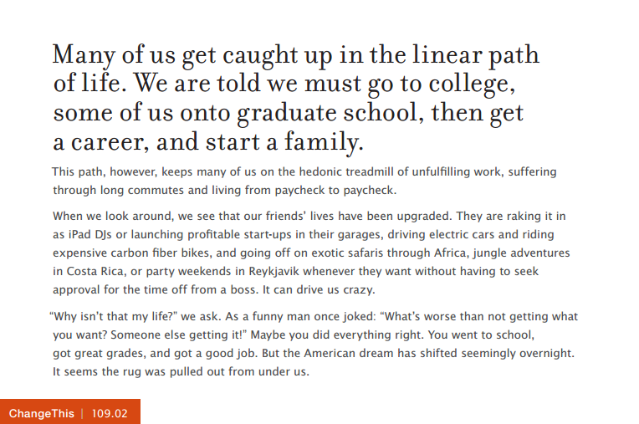
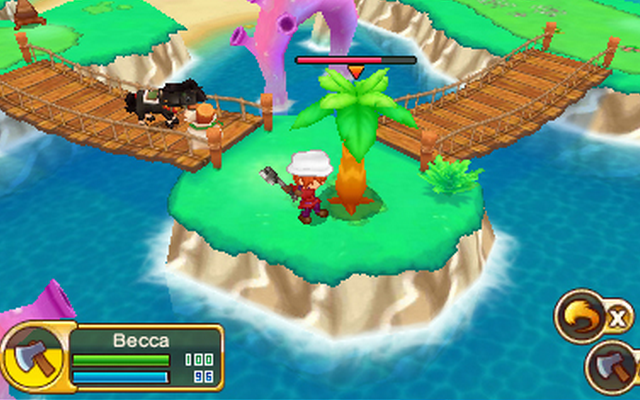
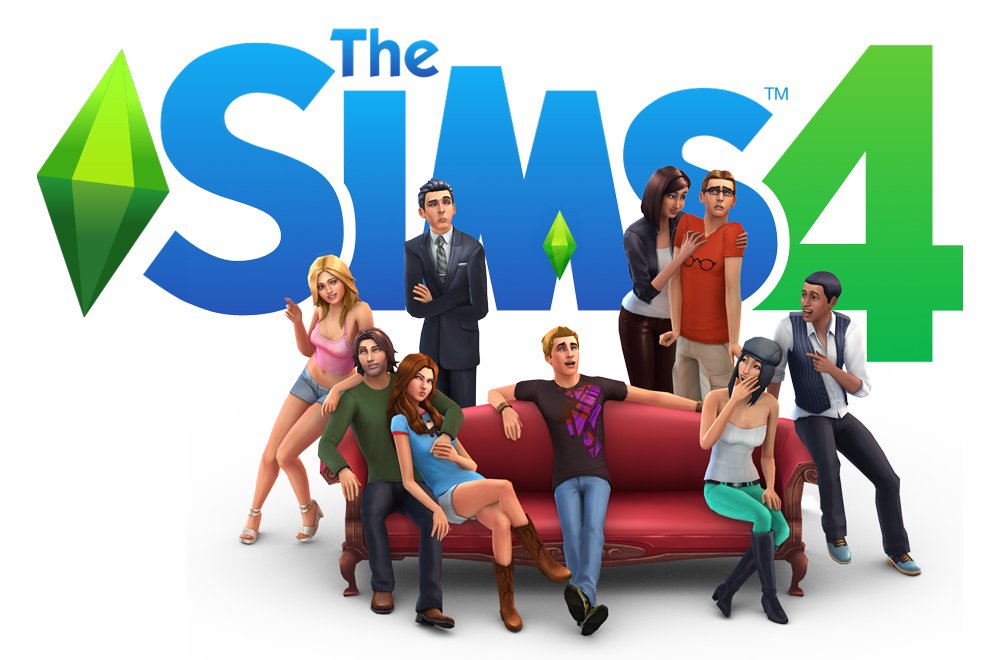

 Dark Souls 2: How to gain and lose sin
Dark Souls 2: How to gain and lose sin Borderlands 2: Krieg’s Best Skill Trees & Character Builds
Borderlands 2: Krieg’s Best Skill Trees & Character Builds War in the North - Naval War: Arctic Circle Preview
War in the North - Naval War: Arctic Circle Preview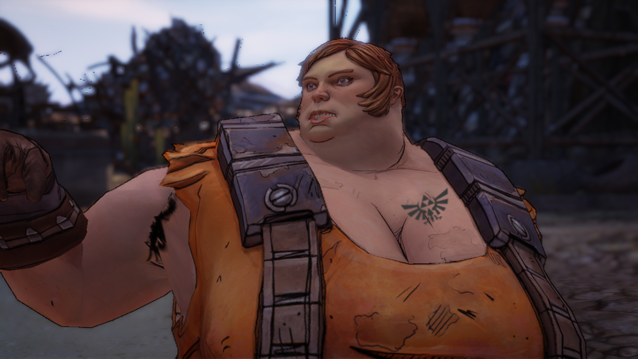 The Top Ten Video Game References In Borderlands 2
The Top Ten Video Game References In Borderlands 2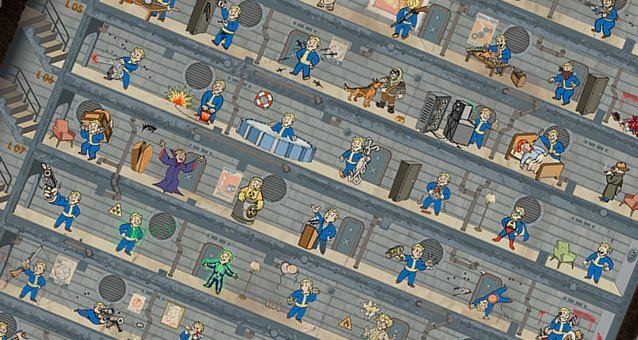 Fallout 4 Guide: S.P.E.C.I.A.L., Perks and Character Build Strategy Guide
Fallout 4 Guide: S.P.E.C.I.A.L., Perks and Character Build Strategy Guide